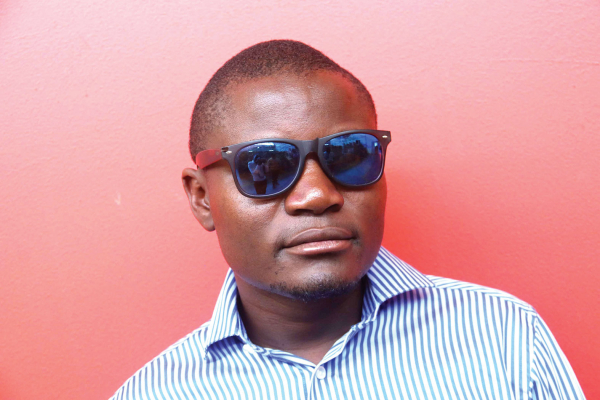
As dark clouds gathered to cap the night of November 21, 2017, my mother was awoken by a deafening noise across the village, down in Musiiwa. She then went outside to see what was going on. It was a celebration.
Tapiwa Zivira SOUNDTRACK ___
LISTEN TO THIS TRACK WHILE READING THIS ARTICLE
__
The whole village was abuzz, the young and old were all in a frenzy. Finally, President Robert Mugabe, the man who had held onto power for 37 years in Zimbabwe and was about to elevate his wife Grace, to the Vice-Presidency and create a dynasty, was finally gone.
The 93-year-old, who had held back the country for far too long and built a wall around himself and his family such that everyone else was forced to helplessly watch in pain as they feasted while the nation starved.
Old and grey and having seen it all in life — from her days of fighting in the liberation struggle to the days of the empty supermarket shelves — she took one long look at the crowds, closed her eyes, waved her hands in the air and said: “Lord help us all!”
- Chamisa under fire over US$120K donation
- Mavhunga puts DeMbare into Chibuku quarterfinals
- Pension funds bet on Cabora Bassa oilfields
- Councils defy govt fire tender directive
Keep Reading
She has never tasted freedom, never enjoyed what she fought for, she did not know what to do this time, whether to laugh or cry. That is when she decided to call me. After saying congratulations, she asked me, in a muted voice: “But son, is this freedom? Is this the end of our suffering?”
Before I could respond, I could hear from a distance, the sound of the late South African reggae icon Lucky Dube’s song Is this Freedom playing, with the words: “Too much power in one man’s hands is dangerous. We’ve just changed hands from one liar to another, our lives are on the line again….”

As Dube sang on, I recalled what my mother had gone through during the war. She did not want the same to happen again. She has seen injustice, corruption and police brutality. She has experienced endless droughts and all kinds of suffering one can imagine.
I was still stuck on the phone trying to find an answer when she asked again in a much louder voice: “Son, is this the end of our suffering?”
Far from Dube’s song and my mother’s scepticism, the question that needs to be answered is, for the musicians, is this freedom?
We all know how artistes have been harassed for singing songs perceived to be anti-establishment.
Those who have sharp memories can recall how an engineer at one of Oliver Mtukudzi’s shows got into trouble for beaming the spotlight on Mugabe’s portrait, while Tuku played the controversial hit track, Bvuma, which mocks leaders who do not want to give in, when age catches up with them.
Leonard Zhakata was another victim of the same suppression of artistes, after he released the hard hitting Hodho and Mubikira albums.
Ironically, Sakunatsa, the main track on Mubikira, encourages equal treatment of Zimbabweans and encourages those fighting for freedom.
So, as Mugabe stepped down and my mother asked if that was freedom, it is important to also ask, on behalf of artistes, President Emmerson Mnangagwa, is this freedom for the arts sector?
Are they now free to interrogate everything including the decisions that you make without a police officer knocking on their door? Are they now free to perform publicly, without fearing the presence of security agents?
My appeal to you, dear President, knowing very well that you have a son who is a music producer, is that artistes need that freedom. Give it to them and you will be reputed as a man who, after working under the shadow of a ruthless dictator for five decades, learned what to do and what not to do.
This is because when artistes criticise your leadership, all they are trying to do is to alert you, and not undermine your presidency as Mugabe believed.
Your predecessor, Mugabe, must see how much he was suppressing artistes and perhaps he will realise his mistakes and one day make a speech regretting all that he did to destroy creativity in the arts sector.
To the artistes, this is a new opportunity to engage. The big wall that Mugabe had built has been destroyed, it is time to speak to the government and tell them how important it is that your creativity be allowed to flourish.
With that happening, perhaps we will finally have the answer to the question, is this freedom? Let the music play on.







